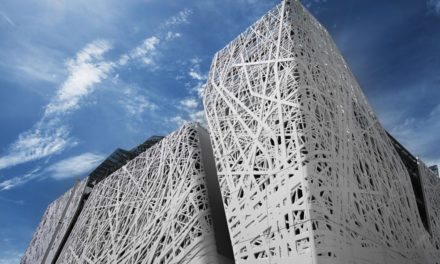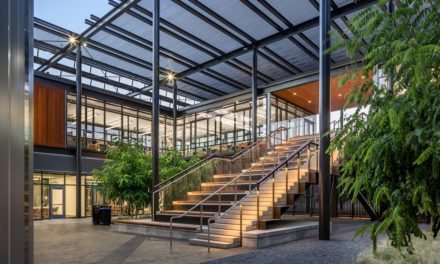The American Institute of Architects (AIA) is releasing a new report today detailing strategies that can help mitigate risk of COVID-19 in multifamily housing.
The report is intended to help multifamily building owners and operators protect the health, safety, and welfare of residents as communities continue to grapple with COVID-19. It also offers guidance on how to combine new daily habits, the needs of workers, and stringent hygiene regimens with social, infrastructural, and spatial requirements that aim to keep everyone safe.
“Strategies for Safer Multifamily Housing” includes a seven-step Risk Management Plan for Buildings that multifamily housing owners and operators can utilize to assess hazards, apply architectural or engineering strategies, and reduce risk of virus transmission in buildings. Additionally, the report is meant to be utilized in conjunction with AIA’s Re-occupancy Assessment Tool and AIA’s Strategies for Safer Offices report, both of which expand on strategies for reducing risk that apply to multifamily living communities.
Resources were developed from a wide range of expertise and research using a virtual charrette workshop, which is a method used to study specific issues in a limited time frame using an intense brainstorming session.
As part of the sessions, a group of public, environmental, and occupational health experts and physicians provided an independently developed 90-minute briefing on SARS-CoV-2 infectious disease transmission, epidemiological models, and insights into the most current research of the virus as of May. Visit AIA’s website to access the full report.
For more detailed information on public health hazards see AIA’s COVID-19 emerging research and public health data.
Visit AIA’s website for more COVID-19 resources for architects.
Related: AIA issues three new and enhanced tools for reducing risk of COVID-19 transmission in buildings





